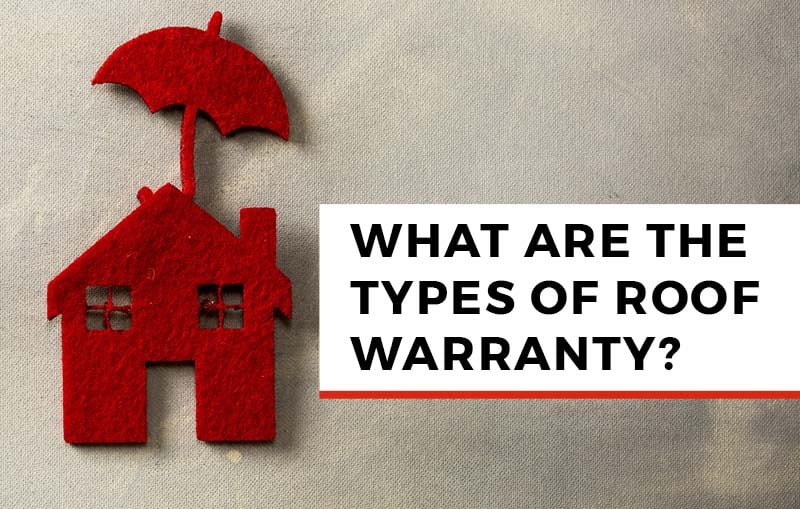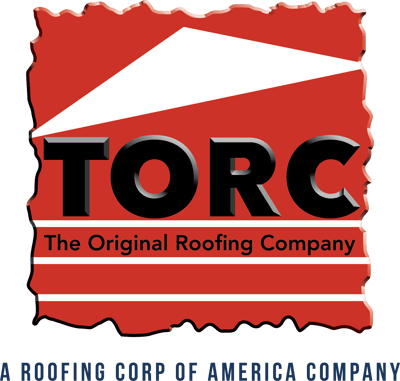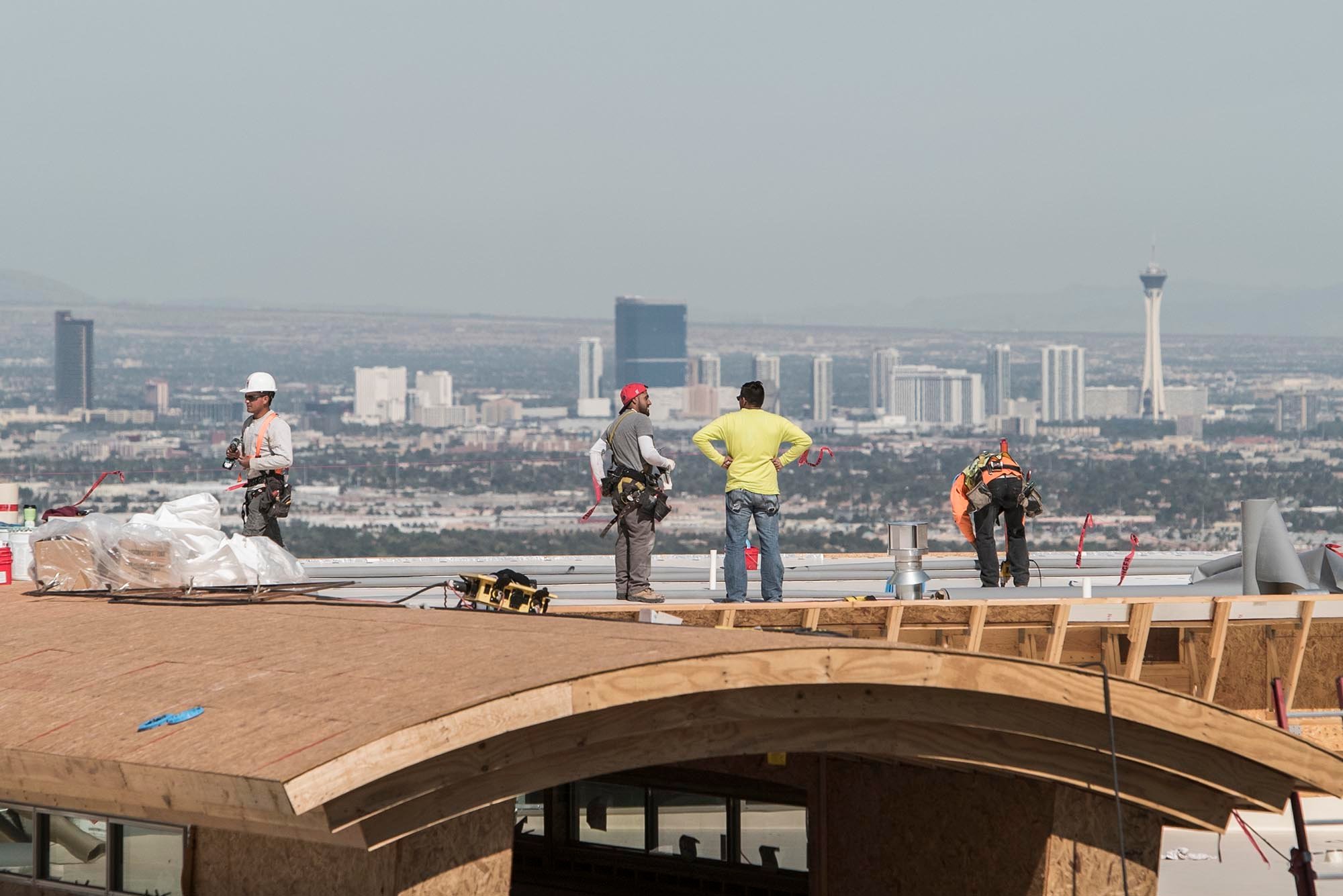
A roof purchase is likely one of the most significant investments you will make all year. The cost of a roof and its installation convinces many buyers to invest in a roof warranty. Before putting money into a roof warranty, you should make sure you understand how roof warranties work. Knowing which types of warranty are offered, what can void a roof warranty, and the expected cost of a roof warranty will all help inform how best you can protect your roof.
The Original Roofing Company Offers
Residential Roof Repair and Commercial Roof Repair in Las Vegas
(702) 739-7663
Types of Roof Warranty
There are four main types of roof warranty you should familiarize yourself with before making a purchase. Each of these three types of warranty is provided both by roof manufacturers and by contractors that perform your roof installation.
Installation-Only Warranties
Installation warranties cover roof defects that result from improper installation.
Material-Only Warranties
Material-only warranties guarantee that the roof will hold up to specified roofing defects within an agreed upon time frame. Material-only warranties do not protect against roof damage that occurs due to faulty installation or lack of maintenance. Material-only warranties vary; therefore, it is critical to evaluate the specific warranty you agree to in order to fully understand what your warranty covers.
Labor-Only Warranties
Labor-only warranties cover the labor costs associated with roof repair. This type of warranty does not cover materials used in roof repair. Consult the warranty agreement you are considering signing to grasp what the labor-only warranty you are considering covers.
System Warranties
System warranties cover both material and labor costs associated with roof repair. Roof manufacturers usually offer these types of warranties. This type of warranty may protect you from installation failures but will not protect you from damage that occurs due to lack of maintenance.
What Does the Manufacturer's Roof Warranty Cover?
A manufacturer’s warranty can be a material-only, labor-only, or system warranty. Warranties issued by manufacturers generally cover the roof for 10-30 years. No warranty issued by a manufacturer will protect your roof from all damages. For example, manufacturer’s warranties rarely safeguard against roof damages to non-manufacturer produced parts of your roof.
Manufacturer’s warranties are not all equal, and it is essential to understand which types of damage you want your warranty to cover. While manufacturer warranties generally cover roof leaks, options like protection from hail, high winds, and roof puncture may cost you extra.
Related: Do Rising Costs of Roof Repair Warrant a Maintenance Plan?
When it comes to manufacturer's warranties, what is covered in theory and what gets covered in practice may differ. Determination of when your warranty is applicable is usually the explanation for when roof damage that seems covered by your warranty is not. Most warranties issued by manufacturers allow the manufacturer to solely determine whether or not an instance of roof damage is under warranty. Manufacturers must operate in good faith when deciding whether a defect is within warranty or not, but warranty provider exclusively determining whether or not or not to pay up is unfriendly to the consumer.
What Does a Workmanship Warranty Cover?
Workmanship warranties are issued by the contractor you hire to install your roof. These warranties can be of the installation-only, material-only, labor-only, or system variety. Warranties issued by contractors are generally shorter than those issued by manufacturers. Workmanship warranties usually range from 1-5 years.
Just as with manufacturer’s warranties, workmanship warranties vary. While most manufacturer’s warranties will cover run-of-the-mill roof leaks, other sorts of damages may not be covered.
Workmanship warranties are usually more consumer friendly than manufacturer's warranties as it relates to warranty applicability. Warranty applicability is usually not solely up to the contractor you purchase your warranty from. If you are buying a warranty directly from your contractor, it is essential to make sure that they have insurance that will cover the costs of any repair covered by the warranty they offer you.
What Voids a Roof Warranty?
If you decide to purchase a roof warranty, the last thing you want is for that warranty to be nullified. Any roof warranty you are buying will detail certain circumstances that will void the protection it offers. While certain warranties may vary, for the most part, what constitutes the nullification of a warranty is standard.
Voidable events include:
- Allowing excessive of ponding water on the roof. (What constitutes an excess of ponding water is usually specified by the manufacturer.)
- Failure to make payments for the warranty as agreed upon.
- Unauthorized repairs/alterations to the roof.
- Changing what the building is used for.
- Failure repair roof damage within an agreed upon time frame.
- Failure to maintain the roof as agreed upon.
Failure to perform agreed upon roof maintenance is the most common way for a roof warranty to become void. Many fail to realize that roof warranties usually require an annual or even bi-annual maintenance. Warranties specify how maintenance needs to be performed and who is eligible to perform that maintenance. Failure to perform maintenance in the agreed-upon manner will void your warranty.
What's the Expected Cost of a Roof Warranty?
Manufacturer material-only warranties and workmanship installation-only warranties are often included as part of the roof purchase/installation cost. Other warranties vary in price according to how much protection you want, and for how long. Given the wide degree of variability in what roofing warranties can cover, it is hard to general cost estimates.
Roof warranties are an important thing to consider when installing a roof. Considering who is offering your warranty, whether your warranty covers labor costs or only material costs, and what can void your warranty are all critical in making an informed purchasing decision.





